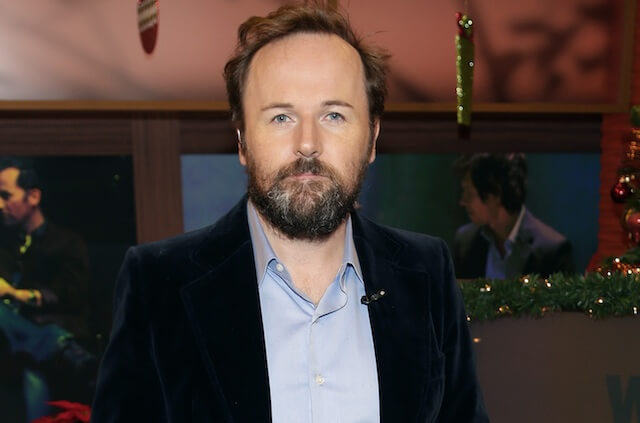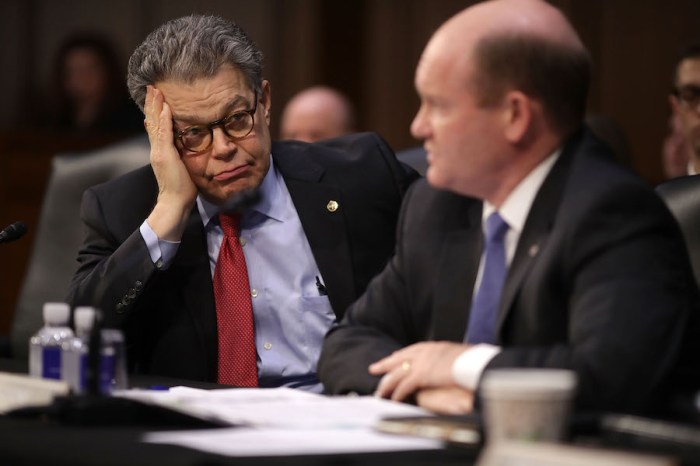Interview: Rupert Wyatt on ‘The Gambler’ and the appeal of L.A.

Getty Images
Rupert Wyatt remembers “The Gambler,” the 1974 movie he has loosely remade, but only vaguely. That’s OK, because the films are really totally different. In the original, James Caan played a professor who thrilled at the danger and self-destruction that came with high-stakes gambling. Here, Mark Wahlberg is also a professor, but he’s not an addict.
“[The original] was about a guy who was at a place in his life where he was reveling in this sadomasochistic notion of pain — this high he got from the destruction of himself and those around him. Our film is totally different,” Wyatt tells us. “This is very much the story of a man looking to get out of a set of circumstances that he thinks society has imposed upon him: education, money, prestige — all of these things he’s been told he should be aspiring to achieve. He’s using gambling to get out of the system.”
Despite the stark difference between original and remake, “The Gambler” sticks out in today’s mainstream cinematic world by feeling as dark and anxious — and character-driven — as films of the ’70s. “These films, sadly — and by these films I mean character-driven pieces — are being made less and less by the big five studios,” he explains. “In this case, Mark Wahlberg was the champion of the script and the force behind getting it made. He understands his value and worth as a movie star.”
One of many things that likely would have been cut were some of the longer, wilder, more tangential scenes and monologues, courtesy “The Departed” screenwriter William Monahan. One finds Wahlberg spending about five minutes mocking the “Oxfordians,” those who believe the Earl of Oxford, not William Shakespeare, wrote the plays of William Shakespeare. But that scene was necessary, says Wyatt.
“It’s absolutely intrinsic to his philosophy on life, which is you’re either a genius or you’re a nobody,” remarks Wyatt. “It sets up the agenda of the movie, which is we are all gamblers. We all make choices that result in a win or lose scenario. Western society is built on that. The United States of America is built on that. It’s the pioneer spirit of aspiration.”
Wyatt himself was doing a bit of gambling: this is a very different film from his previous works, namely the little prison break film “The Escapist” and “The Rise of the Planet of the Apes.” “I was at a place in my career where I could have relatively easily carried on doing big budget studio tentpoles,” he says. “That might be a good thing in some respects, but I don’t think it would have been quite as challenging as making a film like this.
In that it deals with the underworld, this “The Gambler” classifies as what some have dubbed “sunshine noir” — dark films that, instead of being set in a more naturally seedy city like New York (as was the original), unfolds in the relentlessly shiny world of Los Angeles.
“Like many people, I came to the city with a preconceived notion of what it was, which is that “Less Than Zero” nocturnal Valley vibe, with everything lit up at night and that feeling of alienation,” says Wyatt, who comes from England. “It’s only over the years that I’ve lived there that I’ve begun to dig under the surface and realize how extraordinary the city is, historically, culturally. Unlike other cities, like New York or London, where everything is built on top of each other, L.A. is spread out. You have to travel to these different areas of the city to get a feeling of the color and the diversity. That’s what we set out to do with this movie. We wanted to make the city a key character.”
He said he and his cinematographer Greig Frasier set up a very simple rule: “If we saw a palm tree, then we’d move the camera. We wanted to find an L.A. that subverted people’s expectations.”
There’s a lot that’s different about this version of “The Gambler,” but the biggest is the ending, which doesn’t go remotely in the dark direction of the original. We won’t spoil what happens in either, but Wyatt defends the capper Monahan devised. “Anyone who compares us to the original could see our ending as a copout,” he admits, “when it’s not at all. It’s much more true to the story we’re telling.”
Follow Matt Prigge on Twitter @mattprigge


















